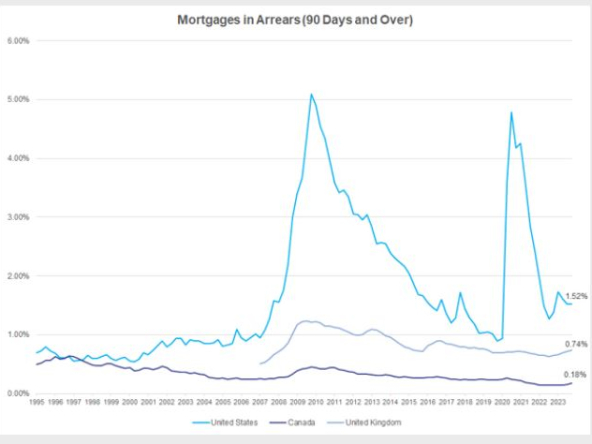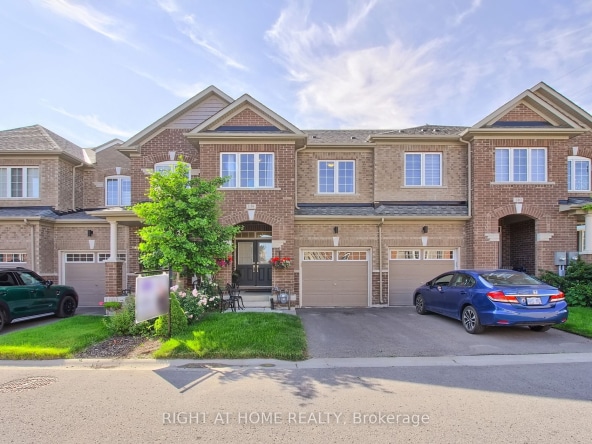If you’re searching for valuable real estate in Canada, avoiding the Greater Toronto Area (GTA) and Greater Vancouver is advised. According to MoneySense’s Where to Buy Real Estate in Canada 2023 report, the GTA ranked 42nd out of 45 cities regarding value and buying conditions, while Vancouver secured the 44th spot. Mississauga falls between the two, and Oakville-Milton was ranked as Canada’s worst place to purchase property this year.
These rankings were determined by benchmark home prices and recent real estate price growth, with each city receiving a value score out of five. The GTA has a benchmark price of $1,195,950, $403,092 higher than the national average. It also experienced a three-year growth rate of 54%, earning it a value score of 1.70 out of five. Greater Vancouver’s benchmark price is $1,199,242, with a three-year growth rate of 33% and a value score of 1.11. Mississauga received a value score of 1.23, while Fraser Valley completed the list of the five least-valuable cities with a score of 2.20.
At the bottom of the list is Oakville, with a benchmark price of $1,401,042 and a three-year growth rate of 51%, which translates to a value score of just 0.97.
The report highlights that real estate demand declined last year due to rising interest rates, low inventory, and reduced buyer interest. Despite declining prices, properties became less affordable as interest rates increased significantly over a 9 month period.
In early 2022, home prices reached record highs across Canada before the Bank of Canada began raising interest rates in March. As a result, prices plummeted in most major markets, leading to “weak” year-over-year price gains in many cities. However, smaller markets and those near larger cities continued to experience high demand, making them the best places to find value in real estate.
According to the report, Greater Moncton is deemed the best place to buy real estate in Canada in 2023. It has a benchmark price of $320,817, $472,041 below the national average. Additionally, it has a three-year growth rate of 84% and a five-year growth rate of 102%. The city earned a near-perfect value score of 4.75. Sault Ste. Marie secured second place on the list with a value score of 4.68, boasting a benchmark price of $292,208 and a three-year growth rate of 75%. North Bay followed with a benchmark price of $413,252, a three-year growth rate of 83%, and a value score of 4.23. Fredericton and Saint John completed the top five, respectively, with values of 4.04 and 4.03.
Although demand decreased in 2022, the Bank of Canada has paused its frequent rate hikes, attracting sidelined buyers back to the market. The market conditions in 2023 are highly dependent on affordability, and if interest rates decline, buyer sentiment is expected to improve.
While national home sales slightly improved in February and March, marking the first consecutive monthly increases in a year, new listings hit a 20-year low, resulting in the tightest market conditions since April 2022.
Economists and active real estate analysts predict that Canada will continue to face a housing supply shortage throughout 2023 and beyond. The high levels of immigration will drive demand, further increasing prices, especially in markets already grappling with low inventory.
“Top Real Estate Investment Opportunities in Canada for 2023”




